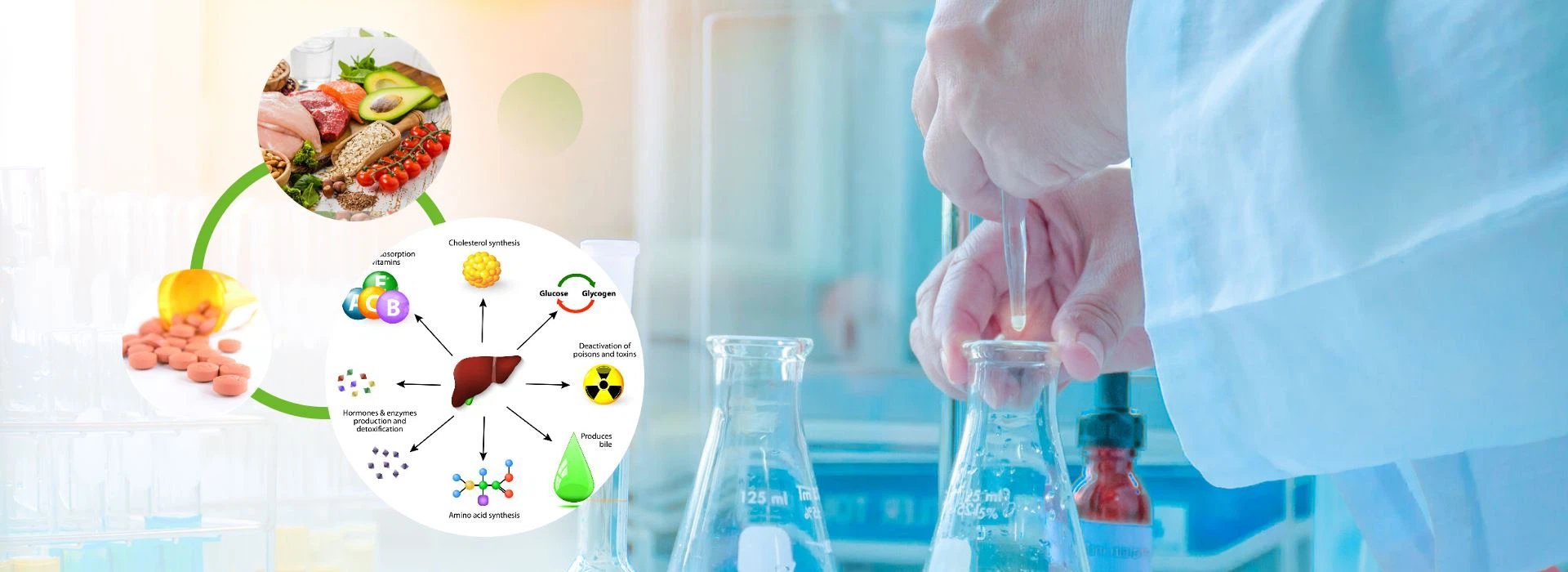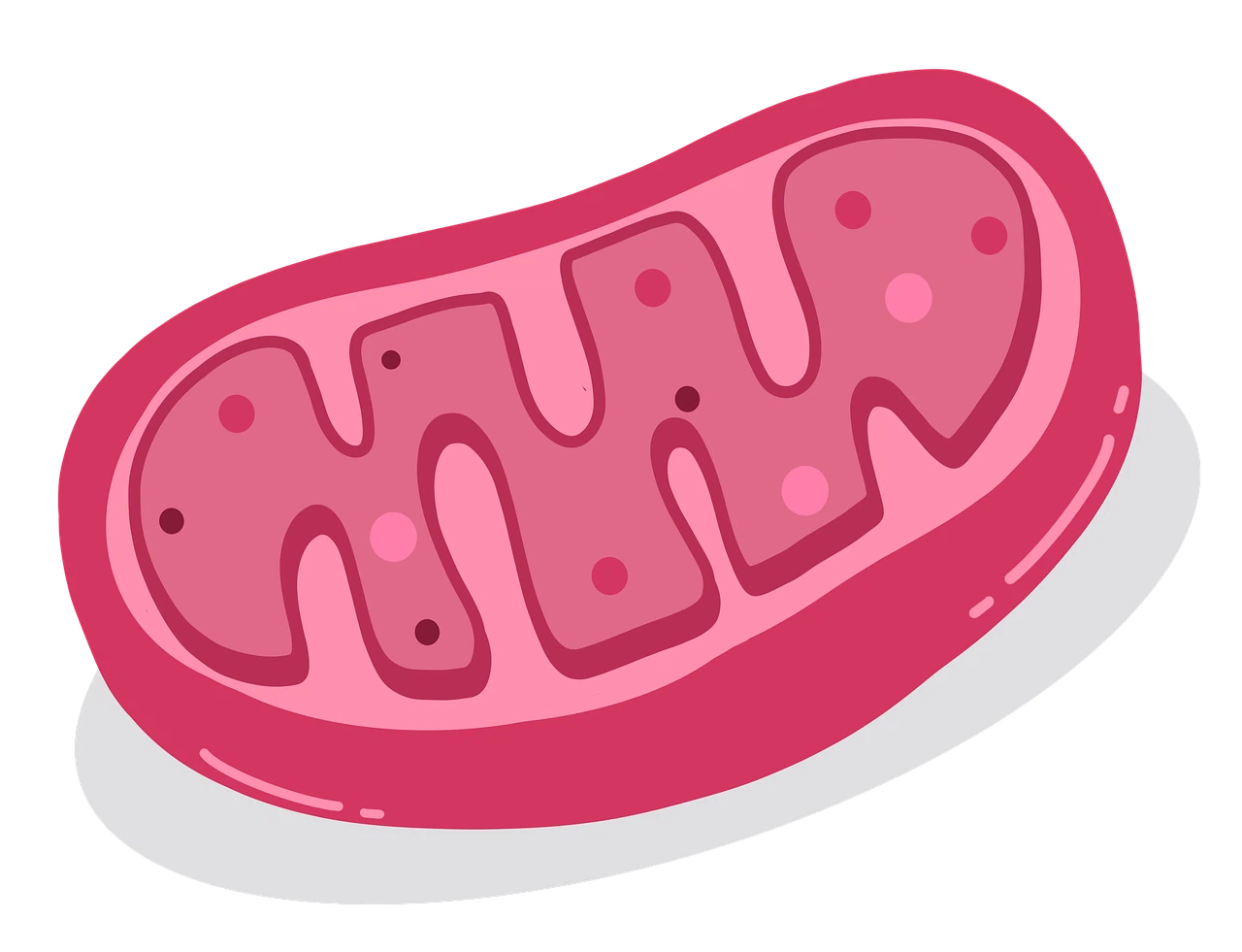
May 27, 2022 / Author: China Glutathione suppliers & NMN manufacturers
Cholesterol metabolism homeostasis plays an important role in maintaining normal life activities, and blood cholesterol levels that are too low or too high will have adverse effects on the human body. Hypercholesterolemia is caused by high levels of LDLC in cholesterol metabolism disorders, and is the main cause of clinical events in cardiovascular and cerebrovascular diseases.
"2019 ESC/EAS Dyslipidemia Management Guidelines" pointed out that hypercholesterolemia is mainly treated with statins and supplemented by PCSK9 inhibitor treatment, but its therapeutic effect still has risks, so the search for new therapeutic drugs is still a research hotspot .
NMN is an important precursor substance in the NAD synthesis pathway. It is now found that artificial supplementation of NMN can repair brain injury and mitochondrial respiration defects, antagonize ischemia-reperfusion injury, and have effects on cerebral hemorrhage, senile degenerative diseases, and retinal degenerative diseases. certain curative effect. Animal experiments have confirmed that NMN supplementation can catalyze the biosynthesis of NAD, improve pancreatic islet dysfunction, restore insulin secretion, and then play a role in improving obesity; studies have shown that NMN can increase lipolysis, increase NAD levels in the liver, enhance mitochondrial energy metabolism, and accelerate energy metabolism. Energy expenditure; NMN synergizes with leucine to increase fatty acid oxidation and reduce cholesterol accumulation.

Studies have shown that NMN can increase the uptake of lipids by Huh7 cells through cellular LDL-loading and DiI-LDL uptake experiments, suggesting that NMN may reduce the level of LDLC in the blood by enhancing the uptake of LDLC in the blood by hepatocytes. Existing research has demonstrated that an increase in the number or activity of LDLR reduces LDLC levels in the blood. The expression of LDLR protein and mRNA levels were significantly increased after NMN treatment of cells, confirming that NMN may enhance the uptake of LDL by increasing the expression of LDLR. Studies have shown that LDLR on the surface of hepatocytes binds to PCSK9 in the circulation, and the LDLR/PCSK9 protein complex is transported to lysosomes for degradation, preventing LDLR from circulating LDL and causing excessive cholesterol levels in plasma to lead to hypercholesterolemia. Therefore, PCSK9 monoclonal antibody inhibitors or small molecule inhibitors can be used to treat hypercholesterolemia.
The results show that NMN can significantly reduce the expression of PCSK9 mRNA and protein levels in hepatocytes, which indicates that NMN up-regulates the expression of LDLR protein and increases the absorption of cholesterol by hepatocytes by down-regulating the expression of PCSK9.
The results of the study also found that NMN can increase the expression of LDLR mRNA level, this effect may not be related to the down-regulation of PCSK9 expression, and the exact mechanism needs to be further explored. As a key member of the HNF family, HNF1α plays an important role in maintaining the biological function of hepatocytes. HNF1α acts as a transcription factor of PCSK9 in hepatocytes, which can regulate the expression of PCSK9 gene and regulate cholesterol metabolism.
Studies have found that the hypoglycemic drug liraglutide inhibits the expression of PCSK9 in hepatocytes through an HNF1α-dependent mechanism, increases insulin secretion, and reduces blood lipid levels. The natural cholesterol-lowering compound berberine mediates the ubiquitin-proteasomal degradation pathway to downregulate the expression of HNF1α protein in the liver, thereby inhibiting the transcription of PCSK9 and increasing the uptake of LDL and very low-density lipoprotein by hepatocytes. Aloe-emodin inhibits the expression of HNF1α and down-regulates the expression of PCSK9 and up-regulates the expression of LDLR, thereby promoting the uptake of LDL.
The results of the study showed that NMN could significantly reduce the expression levels of HNF1α mRNA and protein in hepatocytes, further verifying that NMN could inhibit the expression of HNF1α/PCSK9, up-regulate the expression of LDLR, increase the uptake of LDL by hepatocytes, and reduce the level of plasma cholesterol.
Content source: Liu Wenfeng, Lei Xiaocan, Xiang Qiong, Liao Wei, Xia Mengdie, Peng Juan. Study on the regulatory effect of Nicotinamide Mononucleotide on cholesterol metabolism in Huh7 cells [J].Chinese Journal of Arteriosclerosis,2021,29 (08): 668-674.
Supplier Introduction: China glutathione supplier and NMN manufacturer GSHworld, the company mainly develops biotechnology and industrialization. As a global pioneer in enzymatic catalytic ATP regeneration technology, our company advocates green production and is committed to providing customers with better and more environmentally friendly products and services. Glutathione Manufacturer,NMN Factory,Citicoline Sodium supplier,China NMN manufacturers
PREVIOUS:Effects of nicotinamide mononucleotide (NMN) on myoblast differentiation of mouse C2C12 cells
+86-755-23577295
+86 18718790084
Room 832, Building 12, Shenzhen Bay Science and Technology Ecological Park, Yuehai Street, Nanshan District, Shenzhen China